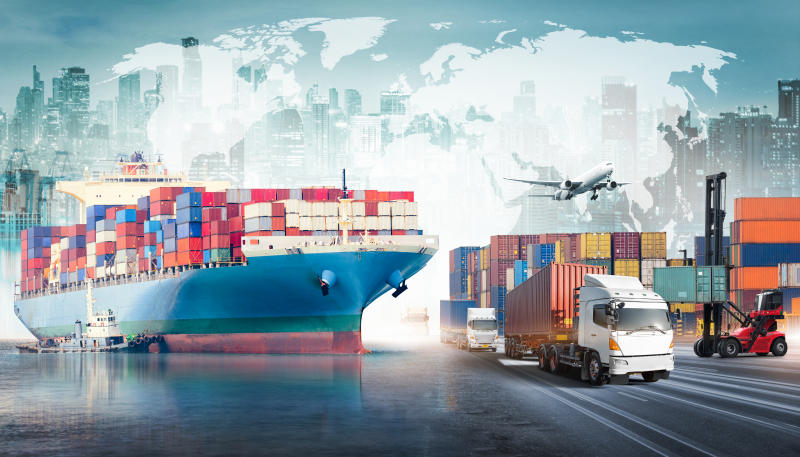×
The Standard e-Paper
Fearless, Trusted News

Global business logistics import export concept [Courtesy]
Transport and logistics is an essential part of all human operations as the need to move not only goods but agricultural products and raw materials has grown over the years.